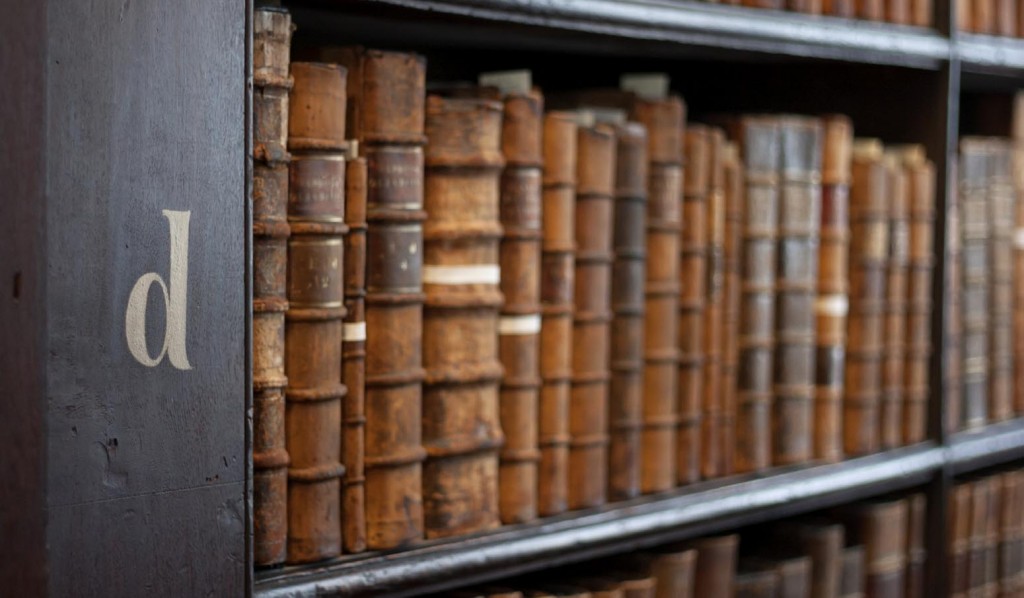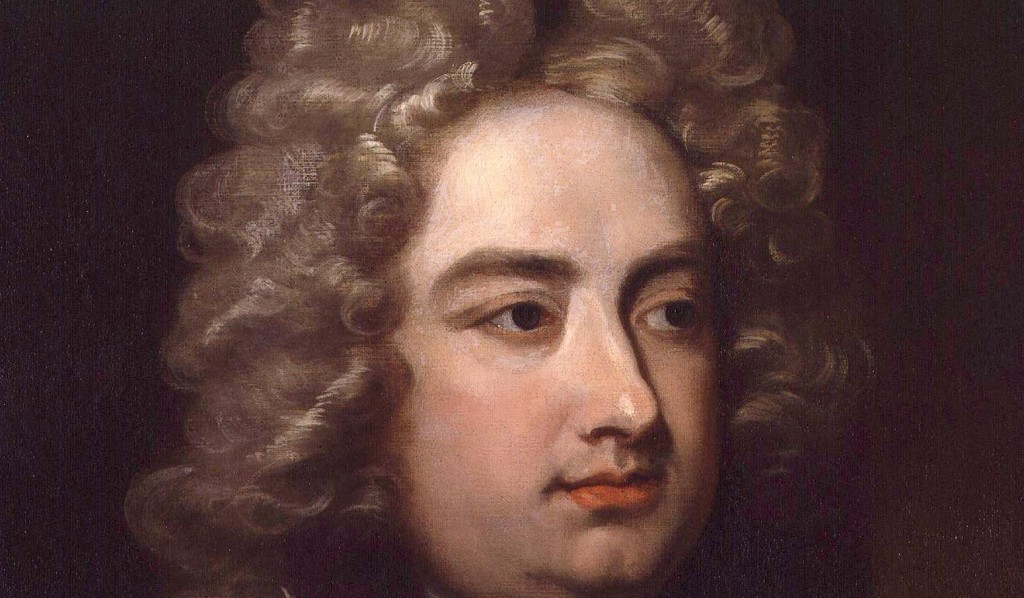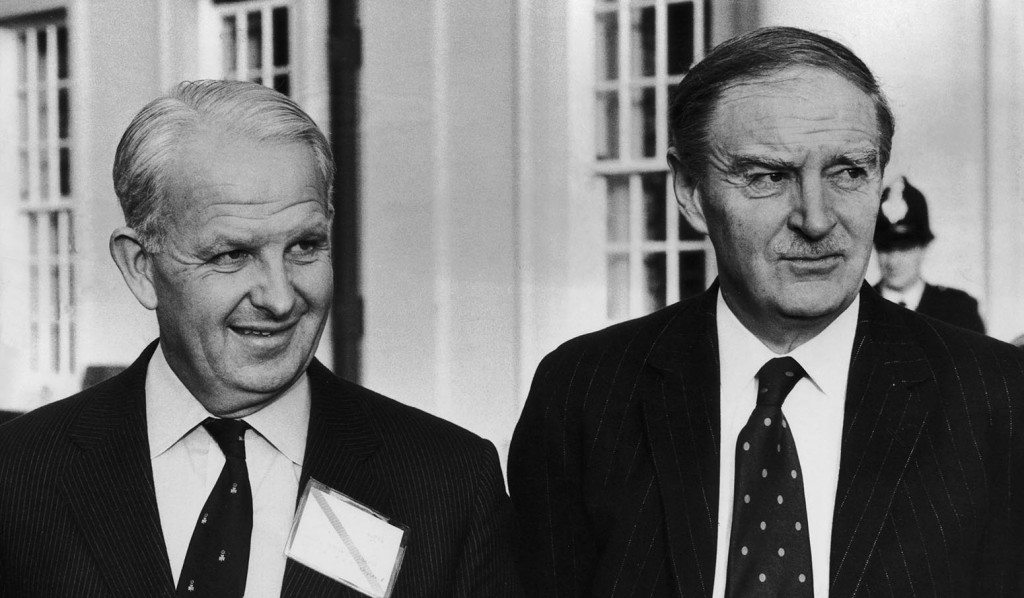IRELAND, past and present, is full of ironies. We profile eleven of them:
1. Many more people joined up to serve with the British Army in the Great War than joined the rebels on Easter Monday 1916
This year, 2016, will see the 100th anniversary of the Easter Rising of 1916. It will also be the 100th anniversary of the Battle of the Somme in which thousands of Irishmen fought. However, the part played by Irishmen in the Great War is still a deeply divisive issue in Ireland.
Conscription was not introduced in Ireland, as the British Government knew that it could not be made to work. Despite this, about 210,000 Irishmen joined up, with around 50,000 being killed.
Meanwhile, James Connolly and his comrades began plotting to overthrow British rule in Ireland, culminating in the Easter Rising of 1916. Less than 5,000 people sided with Connolly in the fighting, and the action, in the short term, failed.
But it ultimately led to Irish independence, and was a signal to countries around the world seeking freedom from Britain that it could be done.
2. An attempt to save the Irish language began at an inopportune time
The Gaelic League’s attempts to resuscitate the Irish language were having some success at the turn of the 19th century.
Ironically, this process happened to coincide with the beginning of a seemingly endless conveyor belt of Irish literary talent over the next several decades: James Joyce, Oscar Wilde, George Bernard Shaw, Bram Stoker, Patrick Kavanagh, Flann O’Brien, WB Yeats, Samuel Beckett, Sean O’Casey, JM Synge, Seamus Heaney, and Brian Friel. These writers all wrote in English with the exception of Beckett who wrote in French.
The Irish language was basically dead in the water from that point onwards.
3. St Patrick wasn't Irish
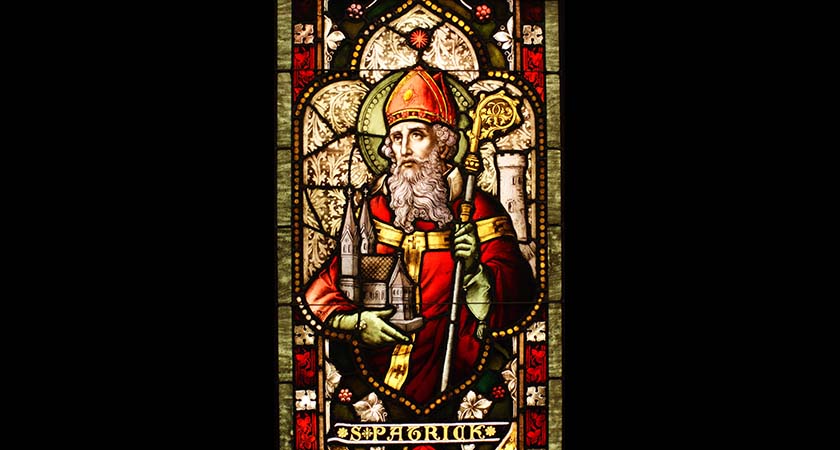 Is Saint Patrick even Irish? (Photo: Wikimedia Commons)
Is Saint Patrick even Irish? (Photo: Wikimedia Commons)St Patrick may have been a Welshman, although it seems equally likely that he was born in southern Scotland to a Roman family. A Roman in the gloamin’ in fact.
4. The great ‘British’ military leader Wellington was Irish
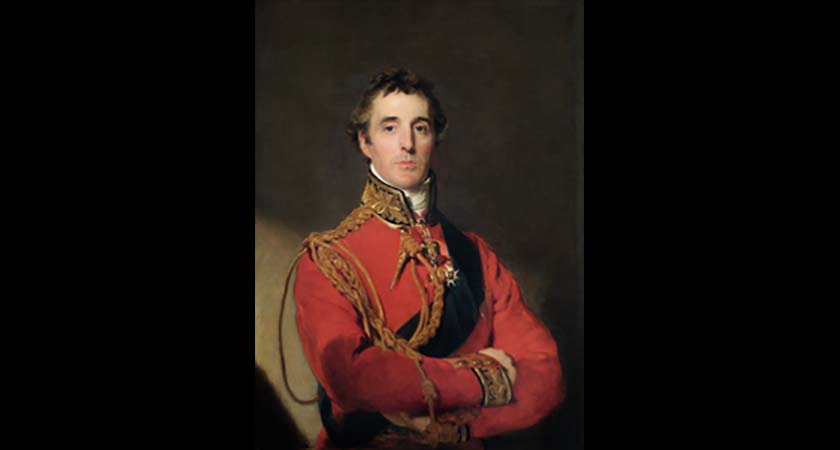 The Duke of Wellington was actually born in Dublin (Photo: Wikipedia)
The Duke of Wellington was actually born in Dublin (Photo: Wikipedia)Born in Dublin, there is no evidence of him ever having uttered the oft-repeated line attributed to him: “Just because a man was born in a stable doesn’t make him a horse.” On the contrary he appears to have been proud of his homeland.
5. Ulster as Gaeilge
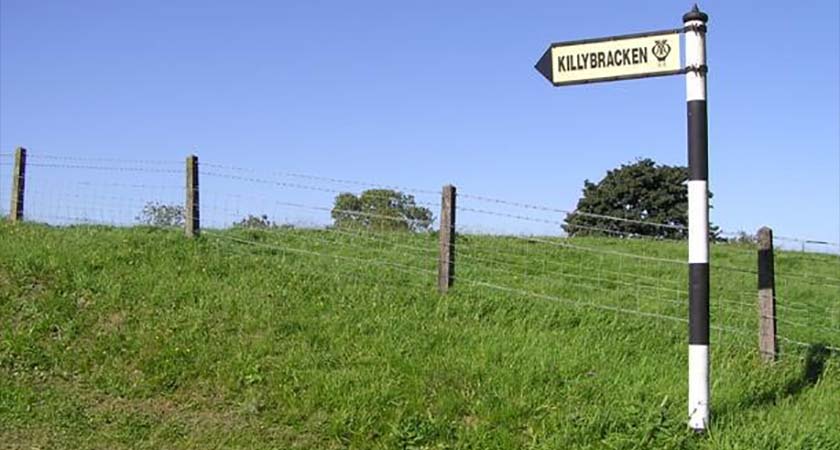 One of Ulster's many thousands of Irish roadsigns
One of Ulster's many thousands of Irish roadsignsUlster, including that part under British jurisdiction has more extant Irish place-names than any other province. It’s a long story . . .
6. The middle of Europe would have been a more suitable location for Ireland
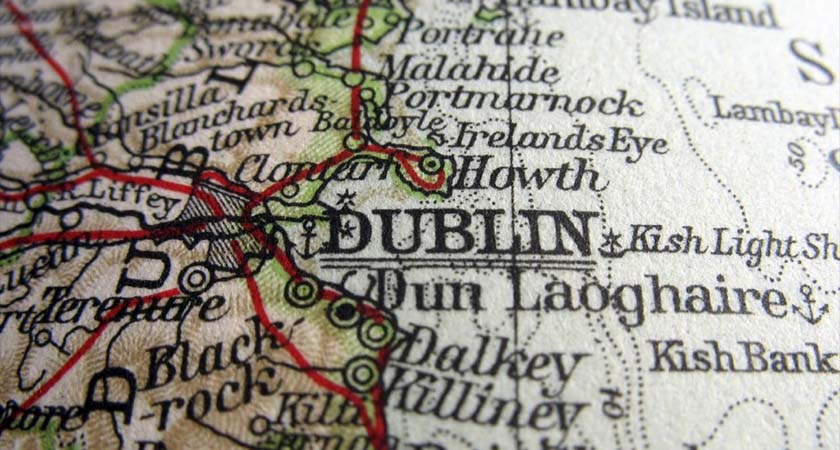 Ireland — inconveniently situated on the fringes of northern Europe
Ireland — inconveniently situated on the fringes of northern EuropeIreland’s talent for literature, poetry, drama, music, arts and philosophy puts it much more in line with central or southern European countries. Yet it finds itself on an island clinging to the northerly fringes of Europe, in effect a maritime country.
But unlike its artistic endeavours, Ireland has never shown any great tendencies for seamanship or nautical matters.
It’s basically in the wrong place.
7. Gulliver missed his target
Gulliver’s Travels was originally written by Jonathan Swift as a biting satire aimed at a depraved and miserable universe. Swift would probably have appreciated the bitter irony that today the book has become a children’s story of Disneyland proportions. Par for the course, you can almost hear him saying.
8. Decades of wasted years and lives
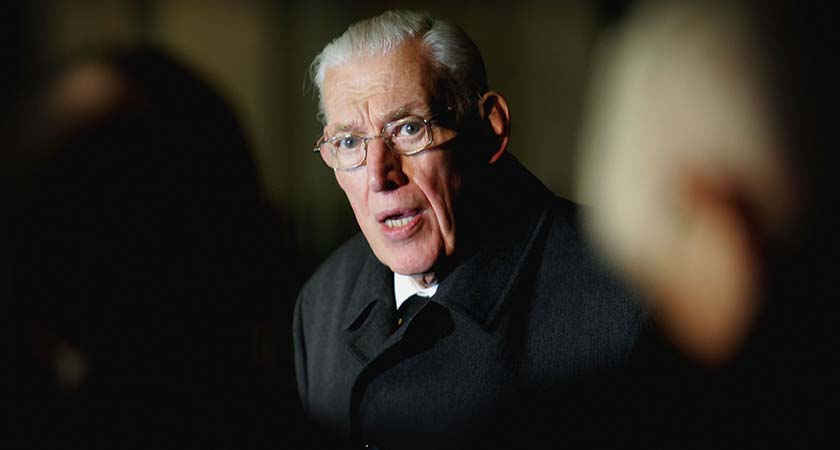 Ian Paisley (Photo: Getty Images)
Ian Paisley (Photo: Getty Images)Everything that Rev Ian Paisley signed up to in 2007 to enter the power-sharing executive in Stormont was included in the Sunningdale Agreement of 1973 and the Anglo Irish Agreement of 1985.
9. The prime minister who died hunting
The last prime minister of the North, Brian Faulkner, was killed at the height of the Troubles in 1977 — following a riding accident while hunting with the Co. Down Staghounds.
One of the most closely guarded politicians in Europe at the time, Faulkner had been riding at full gallop along a narrow country road when his horse slipped. He fell off and was killed instantly.
10. Fridges, and their part in Irish history
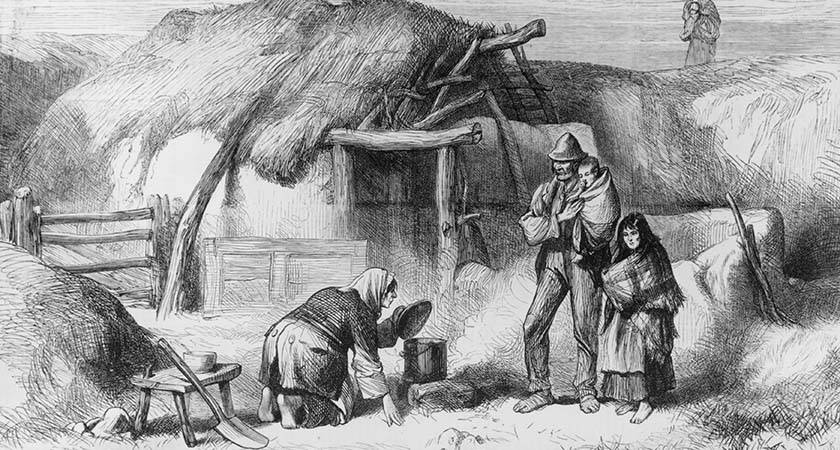 The introduction of refrigeration in Ireland led to a fall in the value of agriculture (Photo: Getty Images)
The introduction of refrigeration in Ireland led to a fall in the value of agriculture (Photo: Getty Images)Yes, fridges emerged as a player in the affairs of Ireland. The birth of the Land League and a significant refrigeration moment both took place in the same year, 1879. This may not seem a huge irony as ironies go, but fridges were to make the transport of meat over long distances feasible. And that spelt trouble for Irish farmers.
Due to the agitating of the Land League, those who worked the land in Ireland, largely speaking, owned it. However, with meat from Australia, New Zealand and Argentina now available on the open market thanks to refrigeration, the value of Irish agriculture fell spectacularly. It wasn't until the coming of the EU and the Common Agricultural Policy that farming in Ireland really recovered its profitability.
11. The true irony of A Fairytale of New York
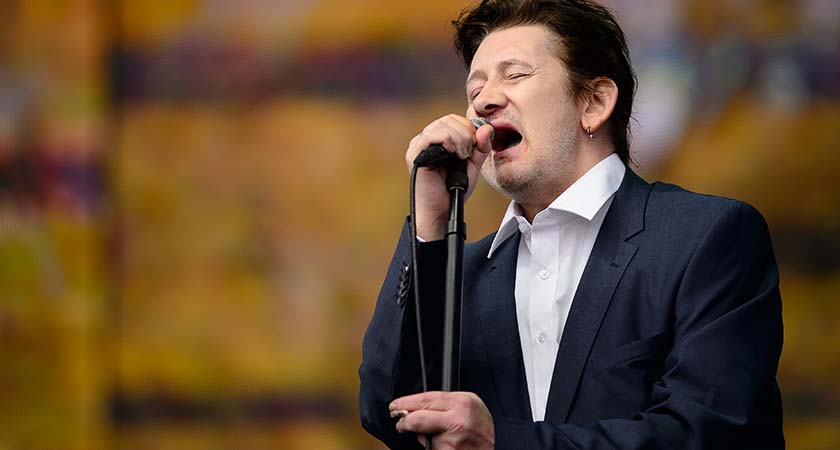 Shane MacGowan of The Pogues (Photo: Getty Images)
Shane MacGowan of The Pogues (Photo: Getty Images)It’s a coincidence that Shane MacGowan, who co-wrote A Fairytale of New York, was born on Christmas Day, not an irony. It’s also a coincidence that Shane, an avowed bon viveur should write one of the greatest Christmas songs of all time. But it is a terrible, tragic irony that Kirsty MacColl, the singer who performs the duet with Shane, should have been killed in an accident at Christmas time, 2000.

